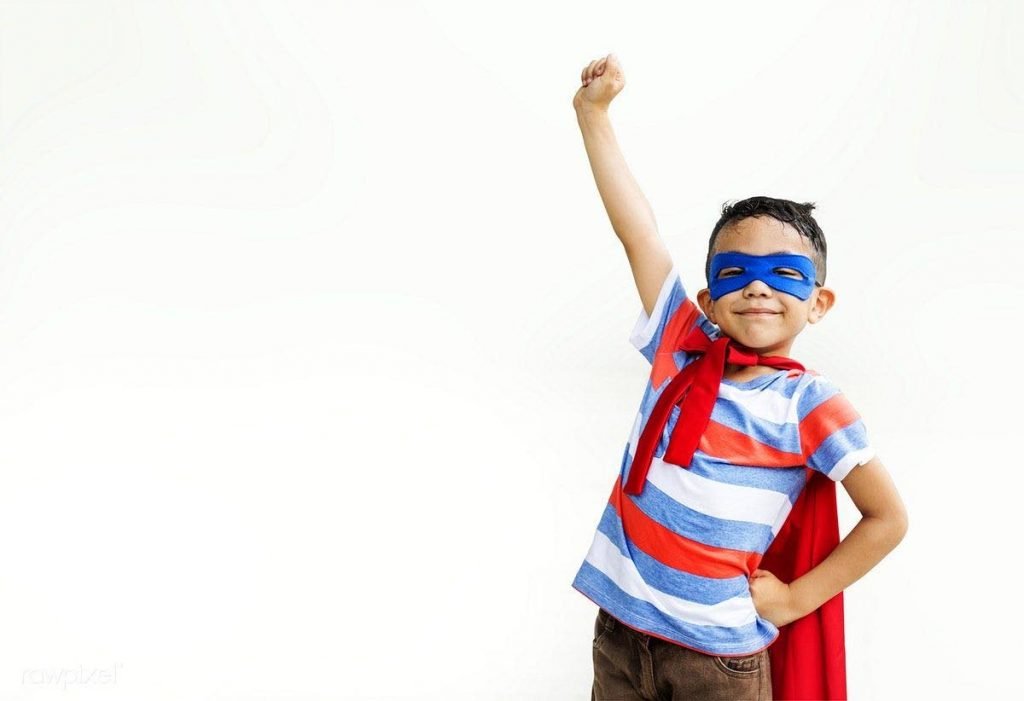Kids are covid19 heroes too

It has been eight weeks since my son, and the children of TT have been away from school. Eight weeks since they haven’t been able to say “good morning” to the security guard as they entered the school compound; haven’t been able to physically interact with their friends and teachers; sing the national anthem, recite the national pledge and say the school prayer before beginning their school day. Eight weeks since they’ve had to get used to a different way of learning. Eight weeks since they’ve been unable to patronise the school cafeteria or engage in fun games with their peers during the recess and lunch breaks.
It’s been eight weeks since they’ve gone to the malls or to a birthday party; seen or hugged relatives. Eight weeks since they’ve been able to take part in sporting activities, go to the beach or the river. Eight weeks since they’ve been required to stay at home, and in some cases, indoors. Everything has been cancelled – vacations, camps, everything. Eight weeks since their worlds have been disrupted, with some able to understand, others not so much.
They’re constantly bombarded with the horror stories of people being infected with the novel coronavirus and the thousands of deaths worldwide. Yet, it is amazing how every single day the majority of them wake up and do what they have to do. They may complain, not unlike some of us adults, but they get up and brush their teeth and take showers or baths (mine always needs a little push in this regard). They do their classes, online or otherwise, as best as they can and do their chores. They too must be hailed as covid19 heroes.
What is the common thread that helps keep them sane during this pandemic? I believe it’s the silver lining of this period of uncertainty – their resilience – a trait that is found in most children once the right conditions are aligned.
A study published by the Centre on the Developing Child at Harvard University said, “The single most common factor for children who develop resilience is at least one stable and committed relationship with a supportive parent, caregiver, or other adult.”
These relationships arm them with “personalised responsiveness, scaffolding, and protection that buffer children from developmental disruption. They also build key capacities such as the ability to plan, monitor, and regulate behaviour that enable children to respond adaptively to adversity and thrive,” the blocks on which resilience is built.
As we try to meander our way through this period of major disruption it is imperative that we, the adults, commit ourselves to building the type of relationships with our children that will contribute to their emergence at the other side of this pandemic as unscathed as is humanly possible.
It must be noted that, “Research has identified a common set of factors that predispose children to positive outcomes in the face of significant adversity. Individuals who demonstrate resilience in response to one form of adversity may not necessarily do so in response to another. Yet when these positive influences are operating effectively, they ‘stack the scale’ with positive weight and optimise resilience across multiple contexts,” the study said.
In addition to supportive adult-child relationships, researchers found giving children a sense of control and self-efficiency; allowing them opportunities to strengthen their adaptive skills and self-regulatory capacities; and allowing them to find comfort in their sources of faith, hope, and cultural traditions helped with the development of resilience.
“Learning to cope with manageable threats is critical for the development of resilience. Not all stress is harmful. There are numerous opportunities in every child’s life to experience manageable stress, and with the help of supportive adults, this ‘positive stress’ can be growth-promoting. Over time, we become better able to cope with life’s obstacles and hardships, both physically and mentally.”
And the good thing about resilience is that it age doesn’t determine its strengthening capabilities. For although the brain and other biological systems are most pliable when people are young, age doesn’t prevent anyone from becoming resilient once they set the mind to it.
“Age-appropriate, health-promoting activities can significantly improve the odds that an individual will recover from stress-inducing experiences. For example, regular physical exercise, stress-reduction practices, and programmes that actively build executive function and self-regulation skills can improve the abilities of children and adults to cope with, adapt to, and even prevent adversity in their lives. Adults who strengthen these skills in themselves can better model healthy behaviours for their children, thereby improving the resilience of the next generation.”


Comments
"Kids are covid19 heroes too"